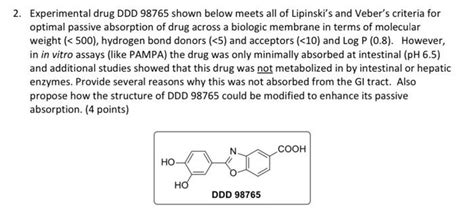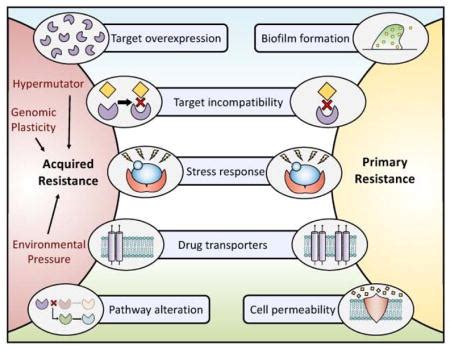Intro
Doxycycline Hyc 100mg Capsule treats bacterial infections, acne, and Lyme disease, with antibacterial properties, dosage instructions, and side effects information, ensuring informed healthcare decisions.
The world of antibiotics is vast and complex, with various medications designed to combat different types of bacterial infections. Among these, doxycycline stands out as a widely used and effective antibiotic. Specifically, the doxycycline hyc 100mg capsule has become a common prescription for numerous conditions. Understanding the ins and outs of this medication is crucial for patients, healthcare providers, and anyone interested in pharmacology. In this article, we'll delve into the details of doxycycline hyc 100mg capsules, including their uses, side effects, and interactions, to provide a comprehensive overview.
Doxycycline, a derivative of tetracycline, has been a cornerstone in the treatment of bacterial infections for decades. Its broad-spectrum activity makes it effective against a wide range of bacteria, including those responsible for respiratory tract infections, skin infections, and sexually transmitted diseases, among others. The doxycycline hyc 100mg capsule, in particular, is a formulation designed for oral administration, with "hyc" referring to the hyclate salt form of doxycycline, which enhances its bioavailability and stability.
As we explore the specifics of doxycycline hyc 100mg capsules, it's essential to consider their indications, dosage, and administration. This knowledge not only helps in ensuring the medication is used appropriately but also in mitigating potential side effects and interactions. The versatility of doxycycline is a significant advantage, as it can be used in various clinical scenarios, from acute infections to chronic conditions, and even as a prophylactic measure in certain cases.
Doxycycline Hyc 100mg Capsule Uses

Respiratory Tract Infections
Doxycycline hyc 100mg capsules are often prescribed for respiratory tract infections due to their efficacy against common pathogens. This includes community-acquired pneumonia, where doxycycline is considered a first-line treatment option due to its broad coverage and oral bioavailability.Skin and Soft Tissue Infections
For skin and soft tissue infections, doxycycline is particularly useful due to its ability to penetrate into the skin and soft tissues, making it effective against infections caused by bacteria like Staphylococcus aureus and Streptococcus pyogenes.Sexually Transmitted Diseases
In the context of sexually transmitted diseases, doxycycline is a recommended treatment for chlamydia, syphilis, and other infections. Its use in these cases is due to its efficacy and the convenience of oral administration.Dosage and Administration

Special Considerations
In patients with renal impairment, dose adjustments may be necessary to avoid accumulation of the drug. Similarly, in pediatric patients, the dosage is adjusted based on body weight to minimize the risk of side effects.Side Effects and Interactions

Regarding interactions, doxycycline can interact with various medications, including antacids, which can decrease its absorption, and warfarin, which can increase the risk of bleeding. It's also important to note that doxycycline can affect the efficacy of oral contraceptives, potentially leading to reduced contraceptive effectiveness.
Contraindications
Doxycycline is contraindicated in patients with a known hypersensitivity to tetracyclines and in children under 8 years of age due to the risk of permanent tooth discoloration and other effects on developing teeth and bones.Resistance and Stewardship

Principles of Stewardship
Antibiotic stewardship programs aim to promote the appropriate use of antibiotics, improve patient outcomes, reduce microbial resistance, and decrease the spread of infections. This includes ensuring the correct diagnosis, choosing the most appropriate antibiotic, and monitoring for side effects and resistance.FAQs

What is doxycycline hyc 100mg used for?
+Doxycycline hyc 100mg is used to treat various bacterial infections, including respiratory tract infections, skin and soft tissue infections, and sexually transmitted diseases.
How should I take doxycycline hyc 100mg capsules?
+Take doxycycline hyc 100mg capsules orally, usually in divided doses, with a full glass of water, and as directed by your healthcare provider.
Can I take doxycycline if I am pregnant or breastfeeding?
+Use of doxycycline during pregnancy or breastfeeding should be avoided unless absolutely necessary, as it can affect the fetus or infant. Consult your healthcare provider for guidance.
In conclusion, doxycycline hyc 100mg capsules are a valuable tool in the treatment of various bacterial infections, offering broad-spectrum activity and convenience of oral administration. However, their use requires careful consideration of indications, dosage, potential side effects, and interactions to ensure safe and effective treatment. As with all antibiotics, responsible use and stewardship are crucial to mitigate the risk of resistance and preserve the efficacy of doxycycline for future generations.
We invite readers to share their thoughts and experiences with doxycycline hyc 100mg capsules, and to consider the broader implications of antibiotic use in the fight against bacterial infections. By engaging in discussions around antibiotic stewardship and the responsible use of medications like doxycycline, we can work together to promote better health outcomes and address the challenges posed by antibiotic resistance.
